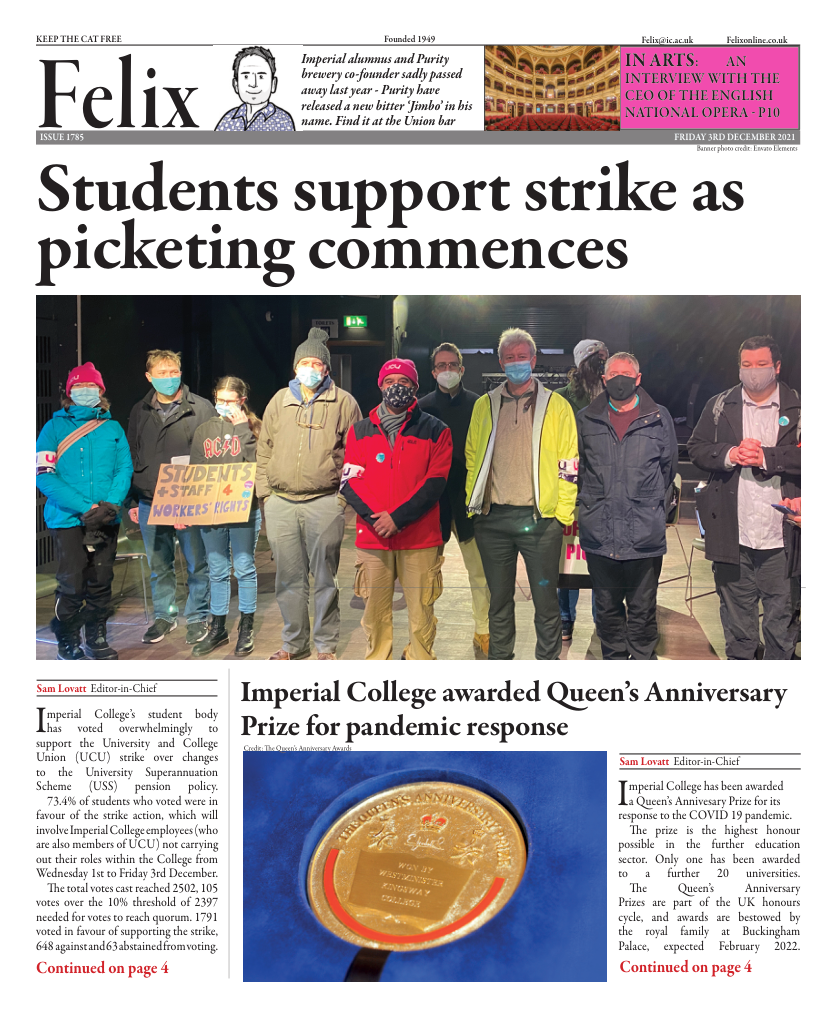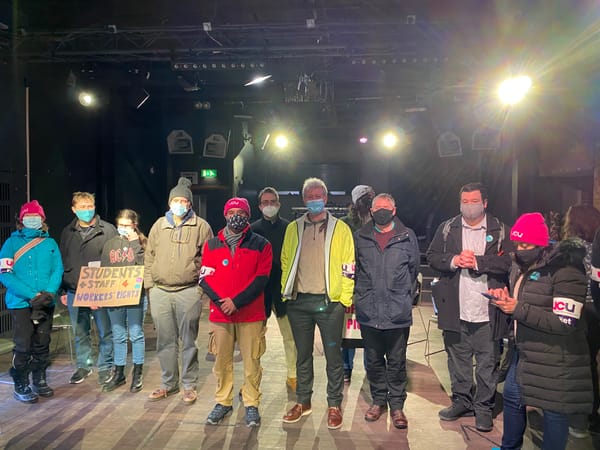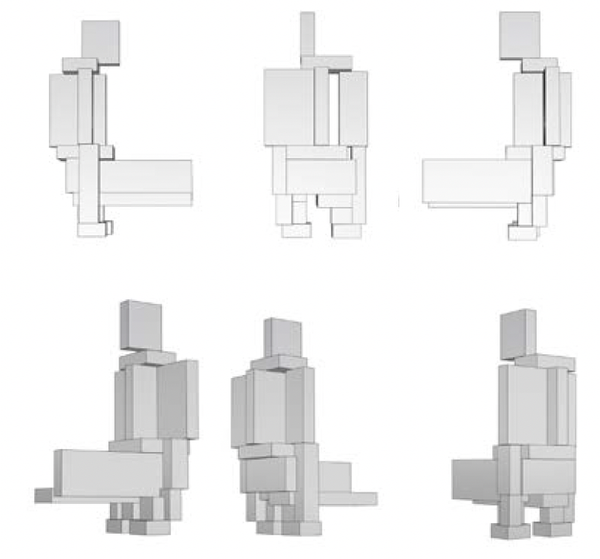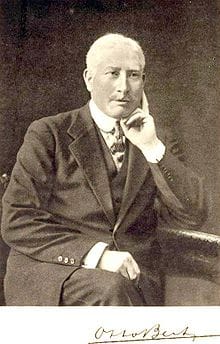London Tube strikes hit commuters
Ongoing strike action on Tube lines will cause further disruption for Londoners, local businesses and Transport for London finances in the run-up to Christmas.
Ongoing strike action on Tube lines will cause further disruption for Londoners, local businesses, and Transport for London finances in the run-up to Christmas.
Rail, Maritime and Transport (RMT) union members voted to implement a programme of strikes over the return of the Night Tube.
The RMT strongly rejected plans by Transport for London (TfL) to ask Tube drivers to work a few nights a year, leading to a ballot of members on support of strike action. In a press release announcing the strike action, RMT stated that the plan constitutes “the ripping up of existing agreements […] with complete disregard for the staff”. The General Secretary of the RMT, Mike Lynch, claims that this has been done “in order to cut staffing numbers and costs”.
TfL has refuted these claims strongly. In a press release, TfL stated that “No Tube driver has or will lose their job as a result of these changes, nor has any driver been forced to switch to part- or full-time work if they do not want to”.
Transport for London (TfL) introduced the overnight service to selected sections of the Underground in 2016, with expansion being halted at the start of the pandemic. With restrictions lifted and demand rising, the decision was made to restart the Night Tube from the last weekend of November (26th and 27th).
When the Night Tube was first launched, it was staffed by employees assigned exclusively to work on the overnight services. With the suspension of the Night Tube due to the coronavirus pandemic, these workers were folded into the larger pool in order to provide enough staff for the operation of regular services. With the resumption of the Night Tube, TfL plans to keep this singular pool of drivers, asking each to work a few nights each year.
Both parties were unable to come to an agreement despite moderation by the arbitration service, ACAS. As a result, the first round of walkouts occurred on Friday 26th November, with the majority of drivers on the Piccadilly, Victoria, Northern, Central, Waterloo & City and Jubilee lines walking out at the start of service at 04:30. The Waterloo & City line was shut completely throughout the day, along with the majority of the Central and Piccadilly lines. The other three lines were operational with severely reduced service, causing overcrowding on the few trains that were running, along with other methods of transportation that had to deal with the overflow. This strike was followed by another, more targeted one, with workers on the Victoria and Central lines clocking off after 20:30 on Saturday 27th November.
The strikes resulted in approximately 600,000 fewer journeys being taken. With the action taking place on one of the busiest retail weekends of the year, the impact on Central London businesses was felt strongly, with chief economist at the London based investment bank Panmure Gordon estimating a loss in sales in excess of £10 million.
The public has not been very supportive of strike action in the past, with an LBC poll conducted in 2015 finding only 16% of Londoners were in support of the strikes taking place at that time. This round of industrial action is unlikely to find any wider support, drawing widespread condemnation from around the political spectrum – the Mayor of London Sadiq Khan, Transport Secretary Grant Shapps, and business advocacy groups have all spoken out strongly against the decision by the RMT. In the current climate, particular attention has been drawn to the benefits the Night Tube brings to Women’s safety in providing a safe and reliable transportation method at night. Professor Tony Travers, Chair of the British Government at LSE research group, said “The unions’ position has never been weaker.”
Planned strike action threatens to cripple London’s transport network into the future unless an agreement is reached. Central and Victoria line drivers plan to strike on Friday and Saturday nights until the 17th of December, with severely reduced service from 20:30 onwards. A large scale walkout is planned on the 18th, with drivers from the Central, Jubilee, Northern, Piccadilly and Victoria lines planning on striking all day on the Saturday before Christmas.









